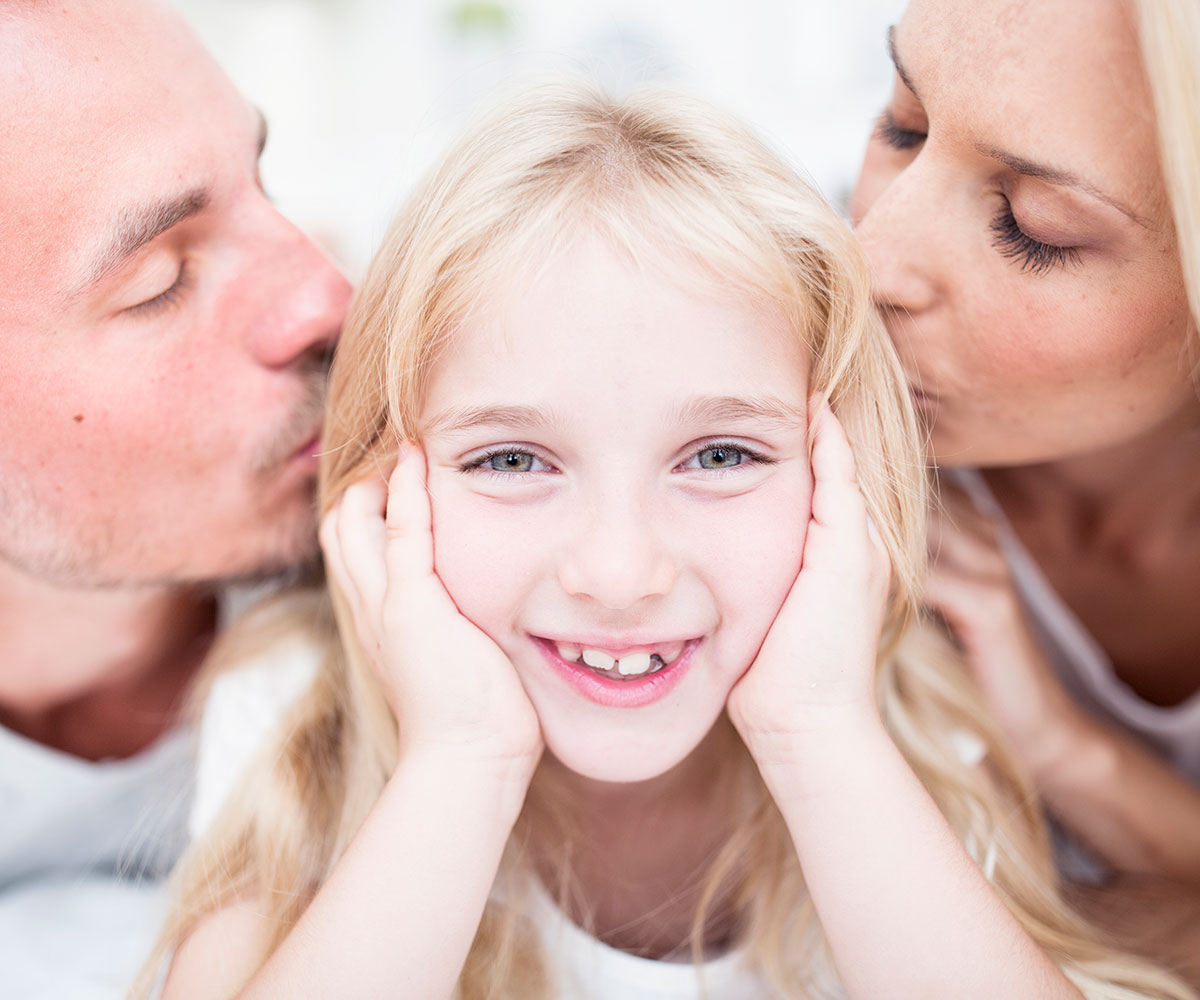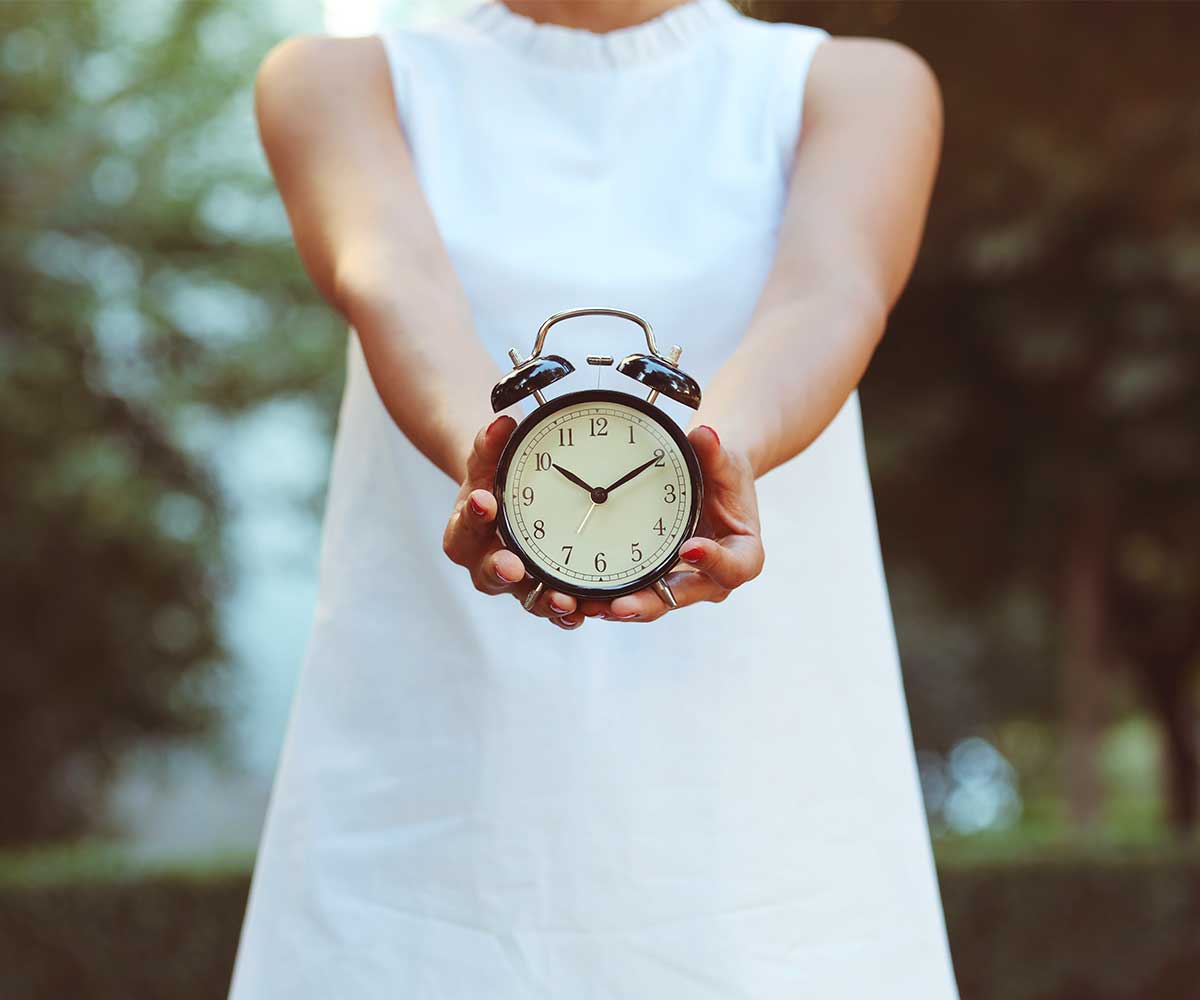Louise Brown, the world’s first ‘test tube’ baby turns 40 this week. But does having a ‘miracle’ baby weigh heavily on both the parents and the kids? IVF mum-to-be Emily Phillips investigates.
“Your baby is already one of the most loved and luckiest in the world. Enjoy it all.” The Instagram note came from a new IVF mum. I was touched. In my and Charlie, my husband’s, eyes, the little girl growing inside me is the most loved in the world. We’d been trying for a baby for three-and-a-half years when we found out we were expecting in February, after one round of IVF. But this message made me wonder: would I treat my baby differently, because her conception had been so difficult and emotional?
Could the “most loved” tag be a burden, an intensity by which I will now need to mete out my parenting? Will I have to be the best mum, the most present, the one who never shouts or loses her temper? And how does parenting a baby who pops out, as planned, nine months after the honeymoon, differ from one born via IVF with a huge amount of expectation on its little shoulders? Could it impact that child’s future development?
“A common phrase in my household was, ‘We fought too hard to get you to let anything happen,'” says Sophie, 27, whose mother spent five years trying to conceive before having her with a sperm donor through IVF. “Even now she’ll text me and if I don’t reply in a certain time she’ll text, ‘Are you okay? What happened?'”

Sophie, who works in PR, says she found taking risks difficult growing up because of the weight of responsibility she felt. But it also gave her a rebellious streak; in her early twenties she went travelling around India on her own.
“Mum and I would have the odd row where she’d say, ‘Do you know what I went through to have you and you’re going to put that at risk?’ I was well aware of the times where it was thrown into an argument as a little emotional blackmail. She’s not a malicious person; it was just how she felt.”
Ironically, Sophie also wonders whether her mother’s protectiveness has influenced her own decision not to have children.
“Maybe, on a very deep level, the thought of being emotionally attached to another being is scary. How much Mum built the emotional bond that she has with me and my brother was kind of terrifying. It’s very intense.”
Aside from this tendency to cotton-wool IVF kids, many mums who’ve been through fertility treatments struggle with pressure to “enjoy it all” because they’ve had “miracle babies”.
In 40 years, more than 6.5 million babies have been born via assisted reproductive techniques. A recent study found the risk of postnatal depression may be close to 25 per cent in women who’ve had fertility treatment, nearly double that of women who conceived naturally.
Part of this is fear of having “suddenly” got a healthy baby after years on the fertility treadmill. It’s something model Chrissy Teigen – who’s been open about her struggle with postnatal depression – talked about recently, urging IVF parents to open up about the process to give hope to others.
One woman who knows the pressure of such expectation is artist Nadia Waterfield, 55. She’s mum to twins Natasha and Elena, 25 and Emily, 19 – all IVF babies, with Emily conceived from a frozen embryo from the same batch as the twins, making her biologically a triplet.
“Women who conceive naturally don’t understand the pain and hardship when you’ve had that longing that becomes so intense over time. I was getting more and more desperate and the feeling of isolation grew,” recalls Nadia.
Once pregnant, she was hyper-vigilant.
“I was so cautious; I treated my whole nine months with kid gloves. And I was lucky to have big healthy babies: 8lb and 8lb 4oz. I was very protective of my feelings about them as it had taken so long.”

Nadia always talked to the girls about IVF in a positive way.
“I’ve been open with them from the start and they all know how special they are. I was a bit embarrassed when I started doing IVF because it was so clinical and people didn’t understand it. Now it’s so common people will say, ‘She’s an IVF baby,’ and it’s barely thought of.”
Her daughters say Nadia’s attitude worked; they have a confidence instilled in them by their mother.
“I remember when I was little thinking it was quite cool to be the IVF baby,” says Natasha.
Plus, the girls have no fear about their own fertility.
“In our teens, mum spoke a lot about us being on the right contraception,” says Natasha. “I’d ideally like to have a baby by my early thirties – but there so many people who aren’t aware of their fertility. One in seven couples struggle to conceive and young people should be taught that getting pregnant isn’t always easy.”
Natasha is so passionate about her origins she now runs The Fertility Show events in the UK.
“I’m proud to be part of that community,” she says.
“It was almost meant to be when she started working on it,” says Nadia. “Talking about it, telling your story gives people hope.”
Via Grazia


